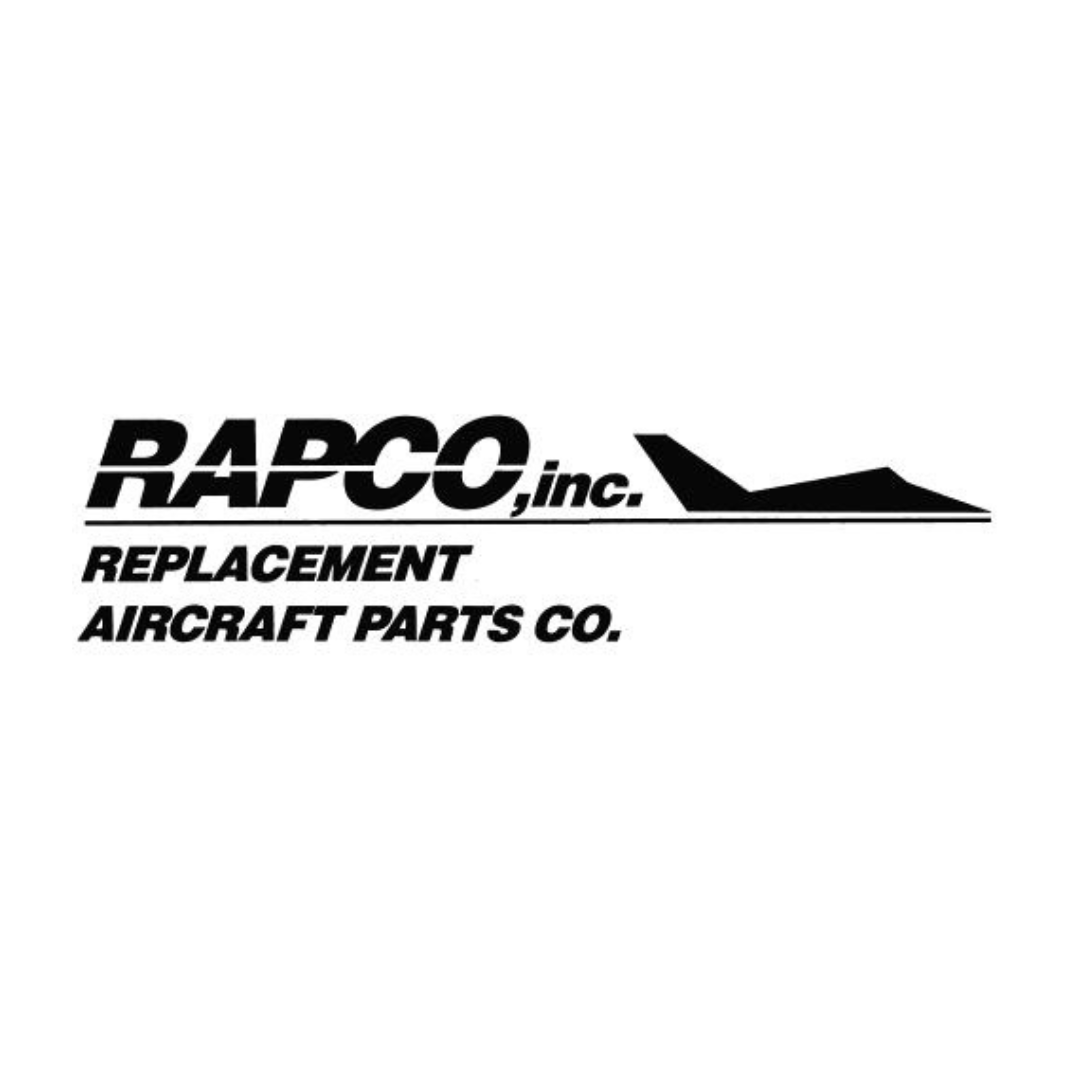MC1250718-1 ASSEMBLY, Control Arm
Part #: MC1250718-1MC12507181
Call for price
CompararOverview
Control Arms, Shafts and Bearing Housings
Unique elastomer bearing replaces needle bearing
- Absorbs shaft and butterfly vibration
- Eliminates needle bearing failures
- Increases service life of all components
- Direct replacement for original parts
Proven Design
- Tested to over 700,000 cycles while exposed to avgas, heat and vibration without any change in performance
- Extremely rugged and wear resistant in high temperature and fuel environments
Convenient
- Discontinued part numbers through the factory are now manufactured by McFarlane
- Shafts, arms, bearing housings, monel rivets and roll pins are also available separately or in kits
The carburetor heat box suffer more from engine vibration than other parts of the engine installation due to the distance of its location from the center of the engine. Engine vibrations, which are small back and forth movements of the engine about a point of rotation in the engine, become larger and more severe as the distance increases from the center of these movements. A fraction of an inch of engine movement near the center of the engine could result in over an inch of movement in an attached component that is located a considerable distance from the center of the engine. This phenomenon can be visualized by imagining what would happen if a five foot broom handle was solidly attached to an idling aircraft engine. The far end of this broom handle would oscillate wildly back and forth as the engine moved slightly. This is similar to what is happening to the carburetor heat box. Normal engine vibrations are amplified by the distance (arm) from the center of the engine.
Ordinary needle bearings are not well suited for this high vibration environment as they concentrate the energy of vibration movement to the very small area where the needles contact the heat box butterfly shaft. This concentrated kinetic energy results in metal loss and grooves being worn into the shaft with eventual failure of the bearing system. Needle bearing failure can lead to ingestion of loose needles into the engine induction system and cylinders.
| Brands |
|---|








Não há avaliações ainda.